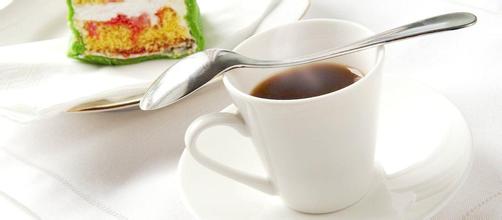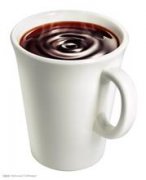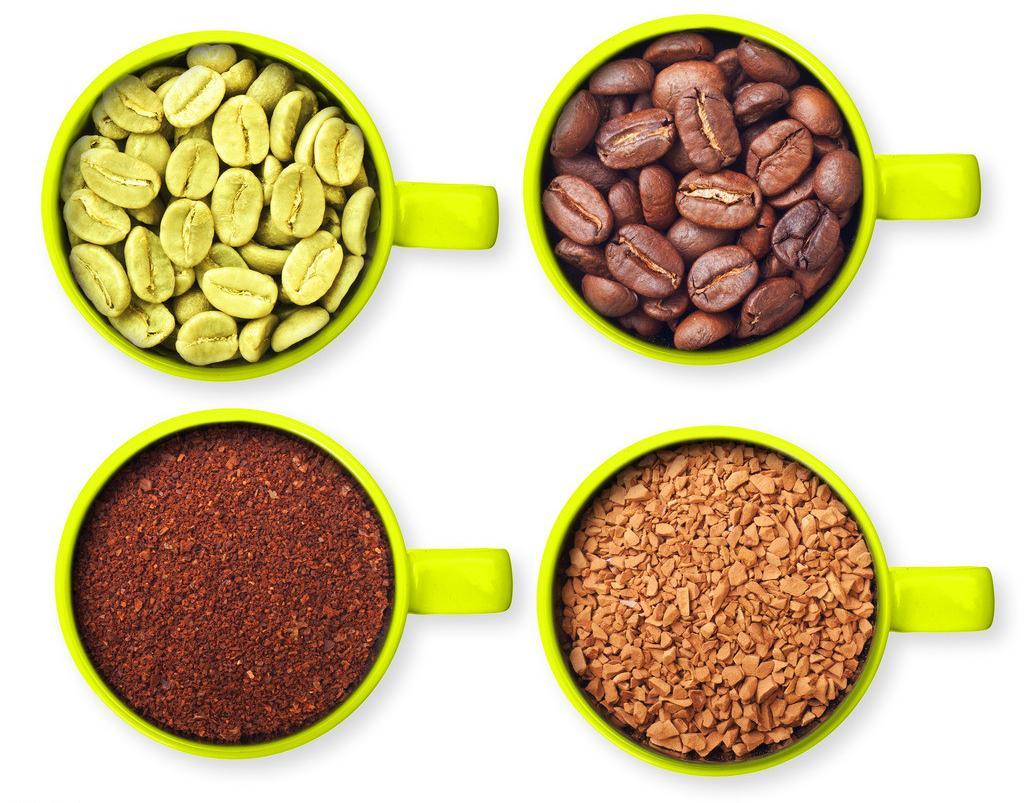Very strong flavor of Jamaican coffee taste manor producing area St. Thomas producing area
From the above, we can understand the general production of Blue Mountain Coffee. It should be noted that 99.9% of the Blue Mountains that can be drunk in China are only planted near the Blue Mountains. Only coffee produced in 6000 hectares above 1600 meters above sea level can be called Blue Mountain, and the yield is always below 900t, according to the principle of 10% supply to the world outside Japan. Can this kind of coffee, which the world can only consume 90 tons a year, be drunk in any cafe for dozens of yuan?
The best Blue Mountain Coffee is undoubtedly one of the best. Although the price can ensure an adequate supply of Blue Mountain coffee, it does not guarantee the best flavor of the coffee. Also, this kind of coffee tastes much more expensive than it looks. If you want to taste its best flavor, you have to put more coffee beans than other coffee, otherwise the flavor will be a little different, so the flavor is that it has 10% to 15% more coffee beans than the coffee whose price is inferior to it.
The real Blue Mountain Coffee is made from the best local raw coffee beans, which is the fun of tasters. Its flavor is rich, balanced, fruity and sour, and can meet people's various needs. In addition, the high-quality fresh Blue Mountain coffee has a long-lasting flavor, as drinkers say, with a lingering aftertaste.
The best blue mountain coffee beans are NO.1 peaberry, also known as pearl beans, which are carefully selected small round beans and boutique products at an altitude of 2100 meters.
Flavor
The nose is very full-bodied, with persistent fruity flavours.
Particle
The particles are fuller.
Baking method
Moderate baking
The caffeine content of Blue Mountain Coffee is very low, which is less than half of that of other coffees, which is in line with the modern concept of health.
The same coffee tree species, whether planted in Hawaii, Kenya, Papua New Guinea or anywhere else with a similar climate, cannot produce the flavor of blue mountain coffee beans.
Pure Jamaican Blue Mountain Coffee perfectly combines the unique sour, bitter, sweet, mellow and other flavors of coffee to form a strong and attractive elegant flavor, which is unmatched by other coffee. People who love Blue Mountain Coffee say: "it combines all the advantages of good coffee & # 39; Coffee Beauty & # 39;" Jim, general manager of Pitt, which is famous for its coffee and tea business in the United States, said of Blue Mountain Coffee: "it tastes fragrant, smooth and mellow, and it makes me feel as precious as a gem. It is precisely because the taste of Blue Mountain coffee is moderate and perfect, so Blue Mountain coffee is generally drunk in the form of black coffee." Its liquid is golden in the sun and tastes smooth. According to the coffee book, Blue Mountain is the only bitter and sour coffee in the world that people can enjoy. Just drink it.
Sales editor
Jamaican Blue Mountain Coffee is harvested every year from June to November, usually by hand. After picking, it goes through the processes of washing, peeling, fermentation, dehydration, sun drying, shelling, and baking before you can get a ripe blue mountain coffee bean. In the process of raw bean processing, there are special personnel responsible for quality supervision in each step. For the very precious Blue Mountain Coffee, the packing and transportation mode adopted by the Jamaican government is also different. Unlike other coffees, Blue Mountain Coffee is not packed and transported in cloth bags at 60kg / bag, but in wooden barrels at the standard of 70kg / barrel. Jamaica is also the last country to still transport coffee in traditional wooden barrels. Jamaican Blue Mountain coffee beans must obtain a certificate of quality recognition issued by the Jamaican Coffee Industry Committee, which is the only body in Jamaica authorized to issue such a certificate. And each batch of exports will have special quality supervision experts responsible for sampling, baking, grinding and brewing coffee, and finally make a judgment on whether it is up to the standard or not.

Important Notice :
前街咖啡 FrontStreet Coffee has moved to new addredd:
FrontStreet Coffee Address: 315,Donghua East Road,GuangZhou
Tel:020 38364473
- Prev

Introduction to the flavor and taste of Ethiopian coffee beans grading of Ethiopian coffee beans
Ethiopian beans look a little malnourished. However, the appearance of beans, Ethiopian coffee can be ranked as the world's most citrus aroma, whether instant coffee or freshly ground coffee, the extraction will smell the pungent aroma of orange or lemon. The nose is characterized by strong floral, fruity, sour and sweet aromas, but the alcohol is slightly thicker or less dense. The biggest disadvantage is that it is easy to bake unevenly, especially
- Next

Honey kiss ruby 90 + Ethiopian Wellega (Waliga) and Sidama (Hilda)
Honey kiss ruby (Nekisse Ruby N2): [Origin]: 90 + Ethiopian Wellega (Woliga) and Sidama (Hidamo) producing areas [season]: 2013-2014 [variety]: Ethiopian native species [Level]: 95 [altitude]: 17502000m [treatment]: sun [flavor]: incredible blueberry, cherry and magnolia
Related
- Detailed explanation of Jadeite planting Land in Panamanian Jadeite Manor introduction to the grading system of Jadeite competitive bidding, Red bid, Green bid and Rose Summer
- Story of Coffee planting in Brenka region of Costa Rica Stonehenge Manor anaerobic heavy honey treatment of flavor mouth
- What's on the barrel of Blue Mountain Coffee beans?
- Can American coffee also pull flowers? How to use hot American style to pull out a good-looking pattern?
- Can you make a cold extract with coffee beans? What is the right proportion for cold-extracted coffee formula?
- Indonesian PWN Gold Mandrine Coffee Origin Features Flavor How to Chong? Mandolin coffee is American.
- A brief introduction to the flavor characteristics of Brazilian yellow bourbon coffee beans
- What is the effect of different water quality on the flavor of cold-extracted coffee? What kind of water is best for brewing coffee?
- Why do you think of Rose Summer whenever you mention Panamanian coffee?
- Introduction to the characteristics of authentic blue mountain coffee bean producing areas? What is the CIB Coffee Authority in Jamaica?

